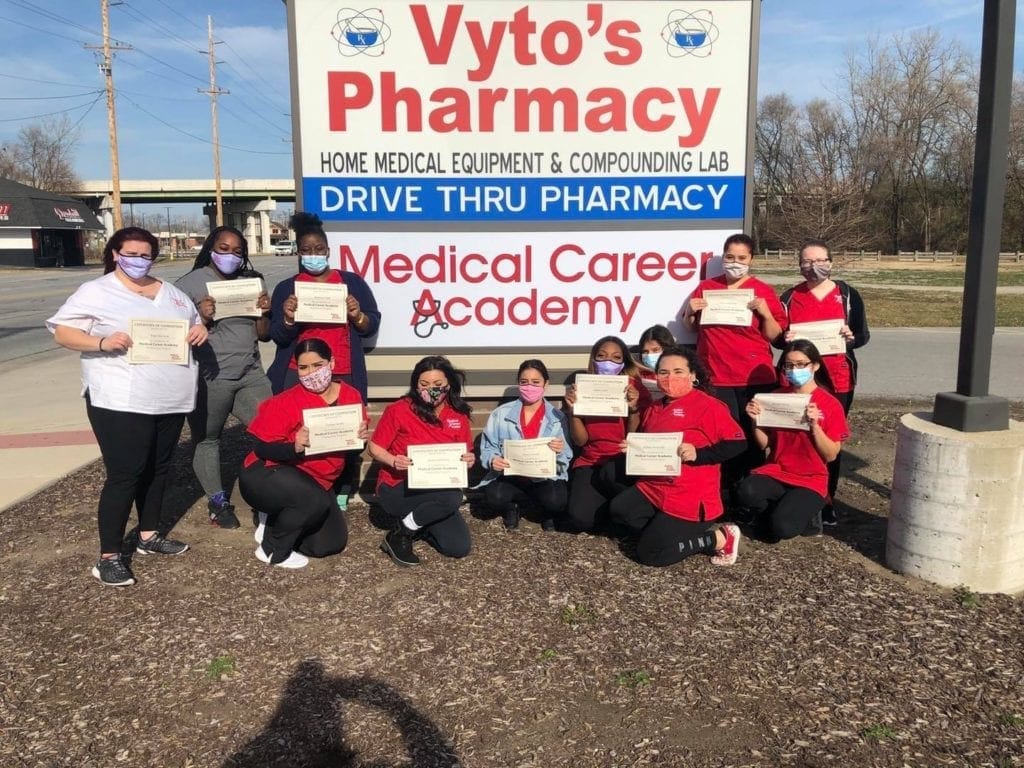A phlebotomist is a trained professional responsible for collecting blood samples from patients for diagnostic testing. To become a successful phlebotomist, one must complete an accredited phlebotomy training program. But aside from gaining the necessary technical skills, phlebotomists should also develop certain soft skills to improve their chances of success.
1. Good Communication Skills
In the medical field, phlebotomists are often the first point of contact between patients and the healthcare system. As such, they play an important role in patient care and satisfaction. Good communication skills are essential for phlebotomists to build rapport with patients, provide instructions clearly, and answer any questions patients may have.
There are a few key things to keep in mind when communicating with patients as a phlebotomist. First, it is important to be clear and concise when giving instructions. Patients may be anxious or nervous about having their blood drawn, and it is important to put them at ease by speaking in a calm and reassuring manner. Second, it is important to listen to patients and answer any questions they may have. This will help build trust and rapport. Finally, it is important to be respectful and professional at all times.
By keeping these things in mind, phlebotomists can ensure they provide the best possible care to their patients. Good communication skills are essential to delivering high-quality patient care and ensuring patient satisfaction.
2. Calmness Under Pressure
Phlebotomists are responsible for drawing blood from patients. This can be a stressful job, as some patients may be anxious or have a fear of needles. Phlebotomists must remain calm under pressure to provide the best possible care for their patients.
There are a few ways that phlebotomists can stay calm under pressure. First, it is vital to be prepared for each patient. This means knowing the proper procedures and having all the necessary supplies. Second, phlebotomists should take their time and focus on each patient. This allows them to provide the best possible care and also helps to build trust with their patients.
Third, phlebotomists should stay positive and upbeat. This can be difficult, especially when dealing with anxious or difficult patients. However, remaining positive can help to put both the phlebotomist and the patient at ease.
3. Observation Skills
As a phlebotomist, one of your most important responsibilities is to ensure that you collect the correct sample from each patient. This requires not only knowledge of the different types of samples that can be collected but also keen observation skills in order to identify any potential problems.
One of the most important things to observe is the patient’s veins. Veins can vary in size, shape, and depth, so choosing the most appropriate one for the procedure is essential. You will also need to observe the patient’s skin for any potential issues, such as bruising or inflammation.
It is also essential to be aware of the patient’s general condition. This includes things like their level of consciousness, their respiration, and their pulse. If you have any concerns about the patient’s condition, it is essential to raise them with a senior staff member.
In addition to observing the patient, you will also need to pay attention to the equipment you use. This includes making sure that all of the necessary supplies are available and that the equipment is in good working order.
Phlebotomists must have excellent observation skills to ensure that they collect the correct sample from each patient. By paying attention to the patient’s veins, skin, and general condition, phlebotomists can help to ensure a successful procedure.
Final Thoughts
Phlebotomists need to have a wide range of soft skills to succeed in their roles. They need to be excellent verbal and written communicators, as they will be dealing with patients daily. They must also be able to handle difficult situations and think on their feet. Observation skills are also necessary, as phlebotomists need to be able to identify any potential problems.
Start a successful career as a phlebotomist with the help of Medical Career Academy. We offer phlebotomy classes in Indiana. We offer a real-life, hands-on experience for the student as well as a digital experience that is derived from instructors that are extremely skilled and experienced. Register now!

